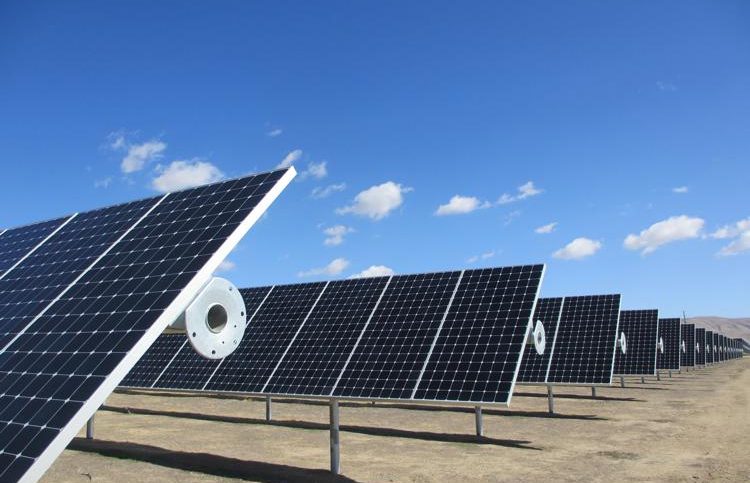While Egypt is famous for its glorious hot weather, the first thing that visitors think of is utilizing the sun for getting an amazing tan, or sending pictures to jealous loved ones back home in gloomier lands. However, there is a far greater use for this amazing climate, in the form of solar powered energy. This is something that the Egyptian government is fully embracing.
Early in March, Egypt launched a new power plant generated by solar energy in Siwa in the west of the country. Sharm el-Sheikh, one of the most popular tourist hotspots in Egypt, already relies on solar power for 70 percent of its lighting, but the authorities want to improve this statistic even more. Khaled Fouda, Governor of South Sinai has said that Sharm el-Sheikh aims to be entirely powered by solar energy within the next three months, aiming for June/July of this year. That is to say, Sharm will be 100 percent reliant upon solar power before the end of 2015, and that (if accomplished) would be an amazing achievement…certainly one for the rest of the world to take notice of. Of course, it could be that this deadline is too ambitious and may take longer, as can often happen in government coordinated initiatives, but reaching the goal is all that matters.
Not only will this have a positive impact on the environment, and reducing the carbon footprint, but it will also give Egyptians a reliable and consistent source of power. In recent years Egypt has faced, and is facing, quite an energy crisis, with many parts of the country seeing regular power outages and blackouts that can last for hours at a time. During summer months especially, this can be extremely difficult to deal with. For these reasons, the move toward alternative energy sources has been a growing trend by the Egyptian government, and with the majority of the year offering regular sunshine; it is the perfect environment to take advantage of utilizing that power.
Egypt aims to build solar power plants and wind energy facilities within the next three years, with a capacity of generating 4,300 megawatts. Egypt has also signed an agreement with Russia, who will assist in the building of a nuclear power plant. The minister for international cooperation in Egypt has said that the government hopes to attract investment of USD 10-12 billion from 20 projects, including in energy, transport and water, from the investment summit that was hosted in Sharm el-Sheikh in mid-March. The government also recently said that it expects to start signing deals for solar PV projects as a result of that conference. All of these movements suggest a positive direction for the future of alternative power supply across Egypt, and with hoping that others follow suit, across the world.











